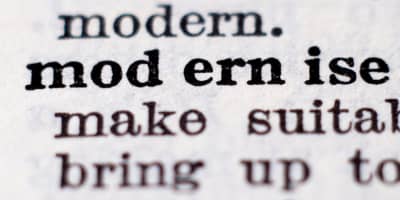The Knowledge Hub
Business advice and articles for small business owners
Welcome to the Fleximize Knowledge Hub. As pioneers at the centre of the alternative finance industry, we know what’s what when it comes to small business. So take a look at our advice, tips and expert guidance to help you launch and grow your own venture. We’ve cherry-picked topics that affect all SMEs – from law, finance, tax and employment, to creative strategy and marketing. Bookmark your favourite Knowledge Hub articles, and do visit regularly – we’re always adding useful content.























These cookies are set by a range of social media services that we have added to the site to enable you to share our content with your friends and networks. They are capable of tracking your browser across other sites and building up a profile of your interests. This may impact the content and messages you see on other websites you visit.
If you do not allow these cookies you may not be able to use or see these sharing tools.